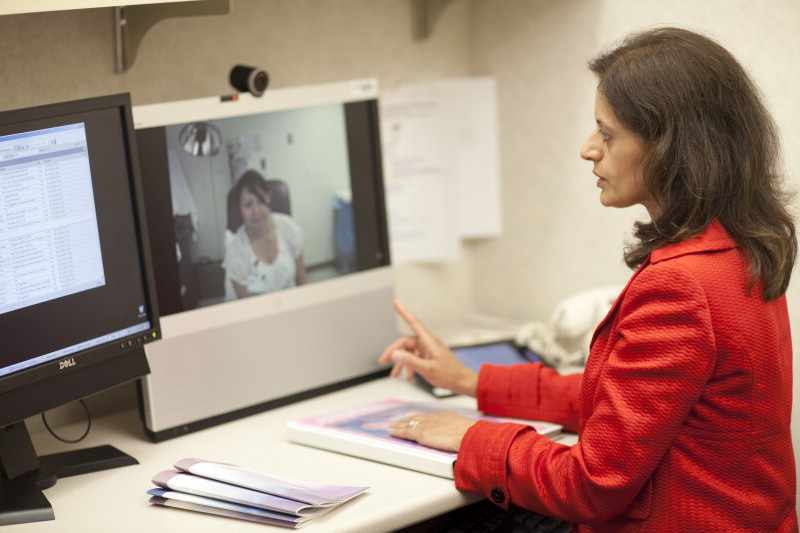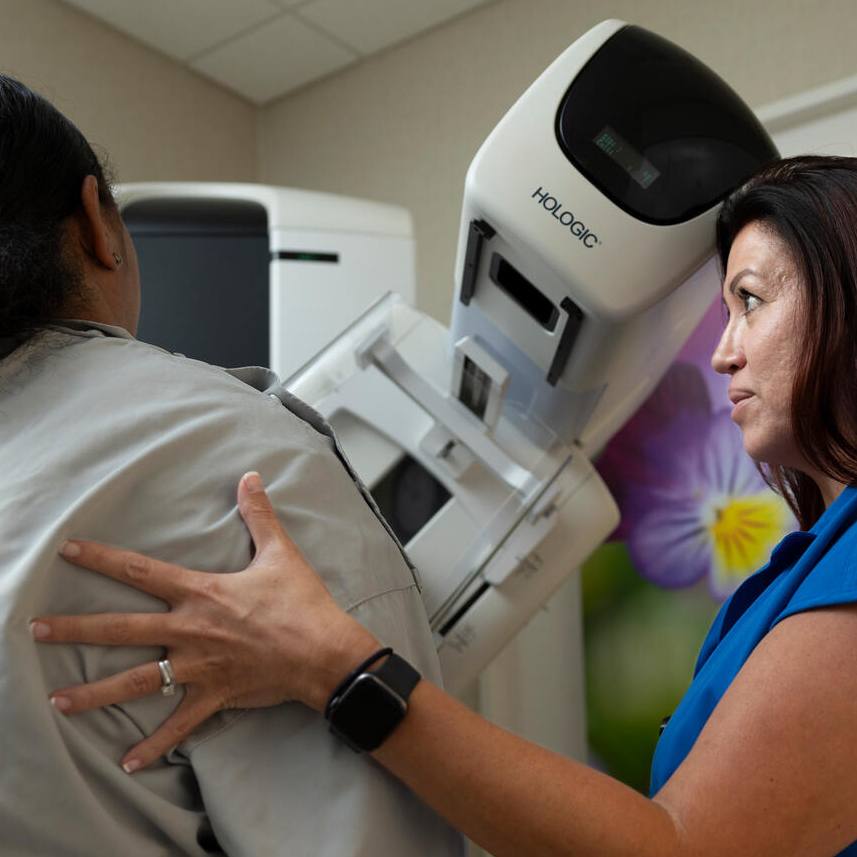-
Cancer
Discussing medication therapies that can help prevent breast cancer in high risk patients

The goal of preventive medications is to reduce the risk of developing breast cancer. "The data shows about a 50-60 % reduction in risk," says Dr. Sandhya Pruthi, a Mayo Clinic internal medicine physician and breast cancer expert.
Dr. Pruthi's research interests include chemoprevention of breast cancer using selective estrogen receptor modulators, such as tamoxifen and raloxifene; aromatase inhibitors; and alternative therapies in women who are at increased risk of breast cancer. Dr. Pruthi goes on to explain what these therapies are and how they can work.
What are selective estrogen receptor modulators (SERMs) and how do they work? SERMs are selective estrogen receptor blockers, and they work by blocking the receptor that binds estrogen. By blocking the estrogen in the body from attaching to the receptor on the cells in the breast, these medications can potentially prevent cells in the breast from transitioning into breast cancer. The two most common SERMs for breast cancer prevention are tamoxifen and raloxifene. These medications are taken for up to five years. Tamoxifen can be given to premenopausal or postmenopausal women. Raloxifene is only for postmenopausal women.

What are Aromatase inhibitors (AIs) and how do they work? AIs work by blocking the conversion of a hormonal substance —androstenedione — into estrogen. This in turn stops estrogen production in fat cells, the adrenal gland and other normal cells that make small amounts of estrogen. The two common medications for breast cancer prevention are exemestane and anastrozole as they have both been studied in breast cancer prevention trials. These medications are only effective in postmenopausal women.
Connect with patients who are discussing their decisions about SERMS and AIs
"There are side effects associated with SERMs and AIs, and I would recommend that you talk with your doctor about which medication is best for you, taking into account your medical history," says Dr. Pruthi.
In addition, Dr. Pruthi reminds women to continue with breast self- awareness and follow up with their provider if they notice any new breast changes. She says mammograms are recommended every year, beginning at age 40 for early breast cancer detection. "And women with a family history of breast cancer or have other risk factors for developing breast cancer, should speak with their provider about their individual risk and risk reduction with the use of these preventive medications," says Dr. Pruthi.
Visit Mayo Clinic Connect to meet people living with breast cancer or caring for someone with breast cancer.







